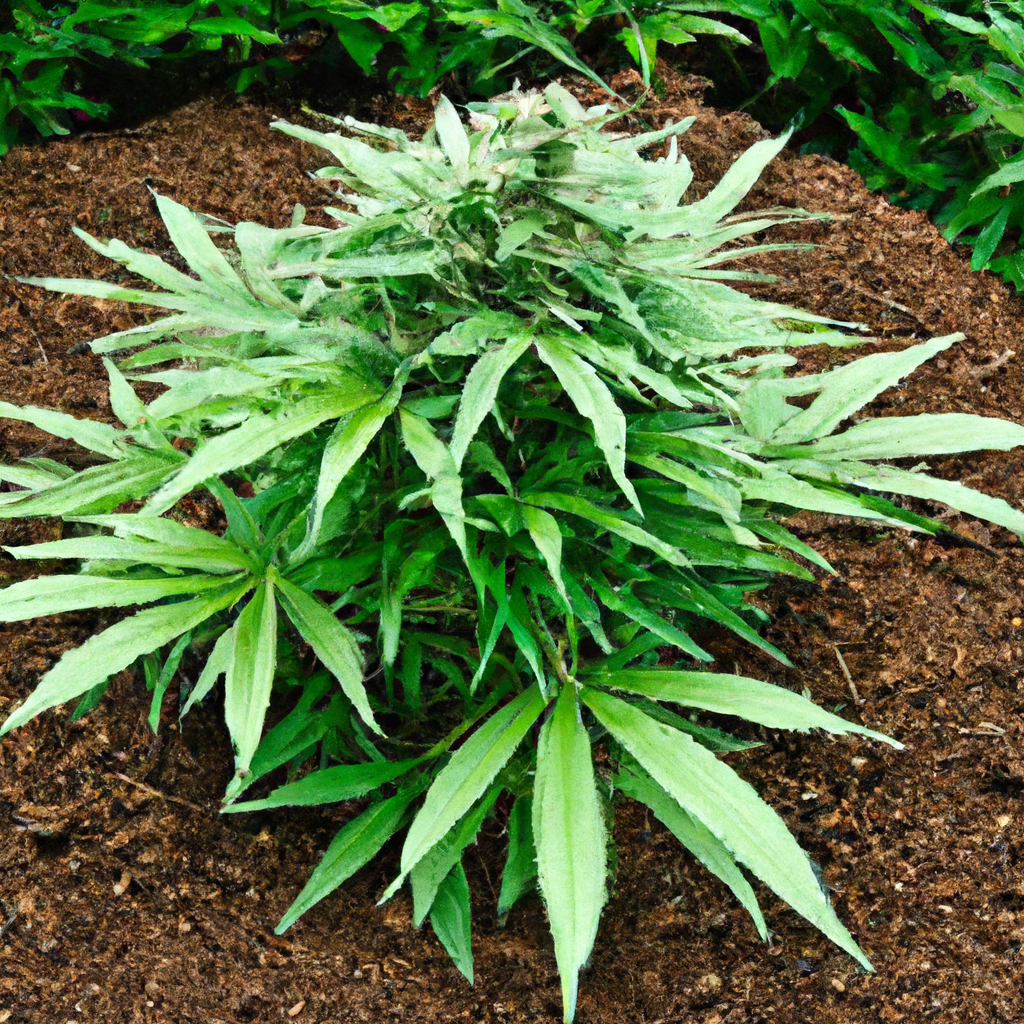Your cart is currently empty!
As the cannabis industry continues to grow, there is a burgeoning interest in sustainable and eco-friendly cultivation practices. One often overlooked area is the impact of cannabis on soil health. In this article, we delve into how integrating cannabis into cultivation strategies can revitalize soil ecosystems, enhance crop yields, and promote sustainable agriculture.
Understanding Soil Health and Its Importance
Soil health refers to the continued capacity of soil to function as a vital living ecosystem that sustains plants, animals, and humans. Healthy soil is teeming with life, including microorganisms that aid in nutrient cycling, water retention, and disease suppression. In agricultural practices, maintaining soil health is crucial for ensuring productive and sustainable farming.
The Cannabis Connection to Soil Health
The cannabis plant, with its resilient root systems and diverse cannabinoid profiles, has a unique relationship with the soil. Here are some key ways cannabis contributes to soil health:
- Root Systems: Cannabis has a robust root system that helps prevent soil erosion and improves soil structure.
- Nutrient Cycling: Cannabis roots can enhance nutrient cycling by hosting beneficial microbes that transform nutrients into forms accessible to plants.
- Organic Matter Contribution: Post-harvest cannabis residues add organic matter back into the soil, boosting microbial activity.
- Pollutant Phytoremediation: Cannabis has been shown to absorb heavy metals and pollutants, aiding in soil decontamination.
Case Study: Cannabis and Crop Rotation
A practical example of cannabis enhancing soil health is its role in crop rotation systems. A farm in Colorado adopted a rotational scheme where cannabis was rotated with legumes and vegetables. After several seasons, they reported improved soil texture, increased microbial diversity, and higher subsequent crop yields. This method not only benefits soil health but also boosts overall farm biodiversity.
Practical Tips for Enhancing Soil Health with Cannabis
- Integrate Cover Crops: Use cover crops in off-seasons to keep the soil active and reduce erosion.
- Apply Organic Amendments: Use compost and natural fertilizers to enrich the soil with nutrients beneficial for cannabis growth.
- Implement Minimal Tillage: Reduce soil disturbance to maintain microbe-friendly environments.
- Monitor Soil pH and Moisture: Regularly check soil pH and moisture levels to ensure optimal conditions for cannabis plants.
Conclusion
By understanding and leveraging the role of cannabis in agricultural practices, cultivators can enhance soil health, increase biodiversity, and promote sustainable farming methods. Whether through crop rotation, organic amendments, or integrating beneficial microbes, cannabis can play a pivotal role in sustainable agriculture.
With the right approach, cannabis contributes not only to thriving crops but also to the very foundation of agriculture: the soil.
Tags: CannabisCultivation, SoilHealth, SustainableAgriculture, OrganicGrowing, BeneficialMicrobes
Discover more from Magic Clones
Subscribe to get the latest posts sent to your email.


Leave a Reply